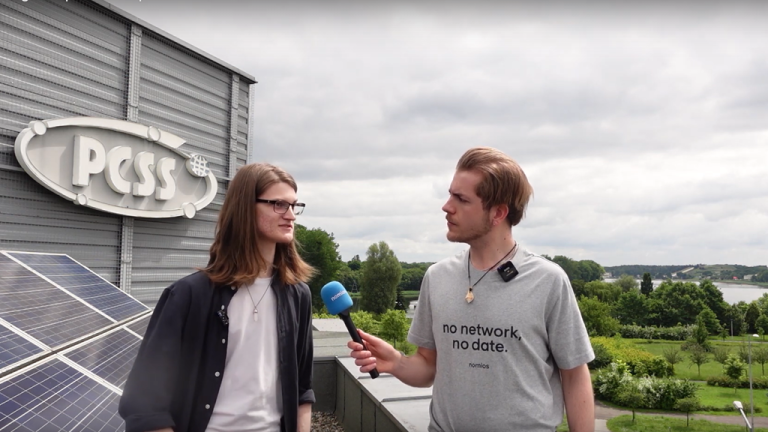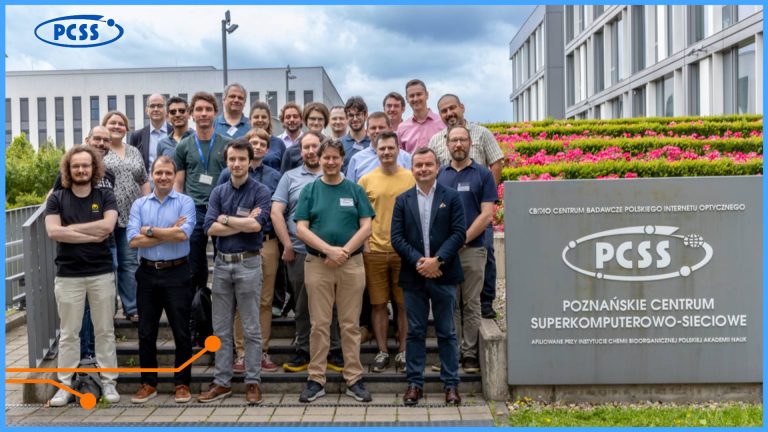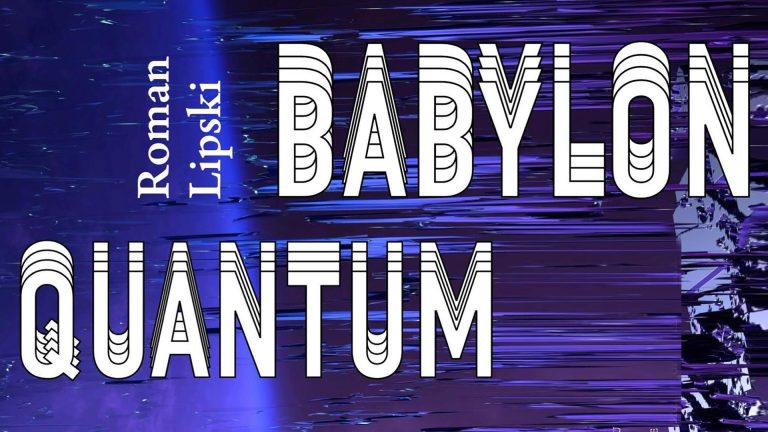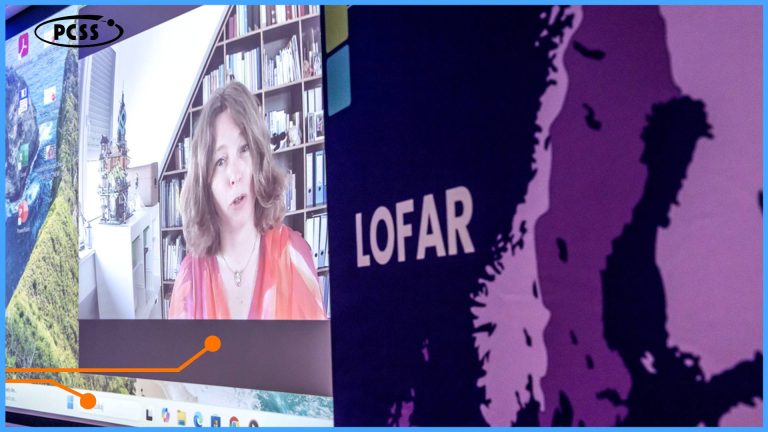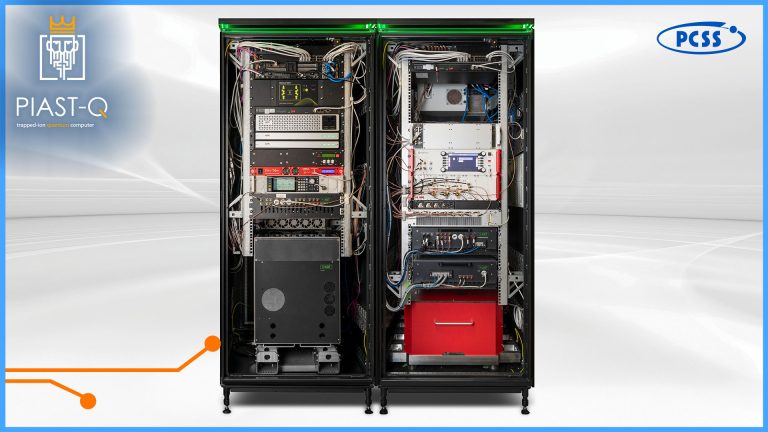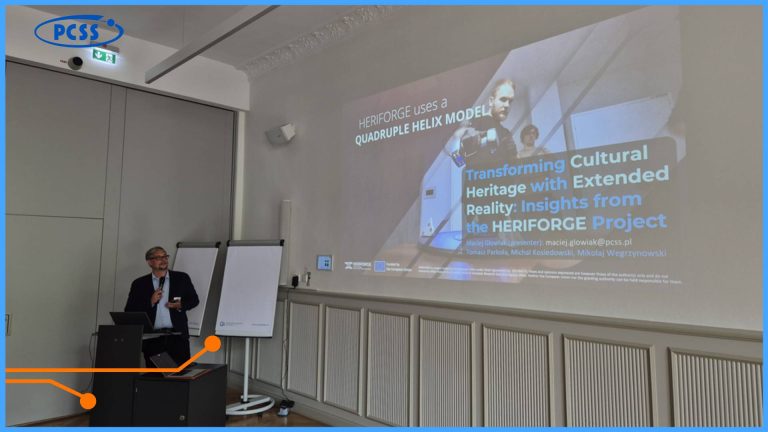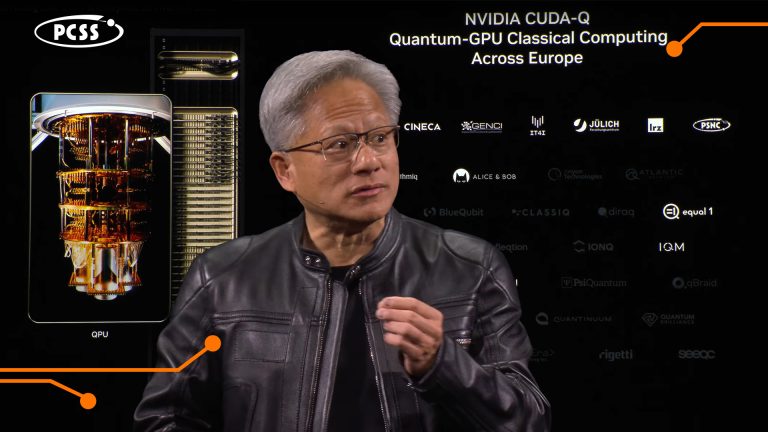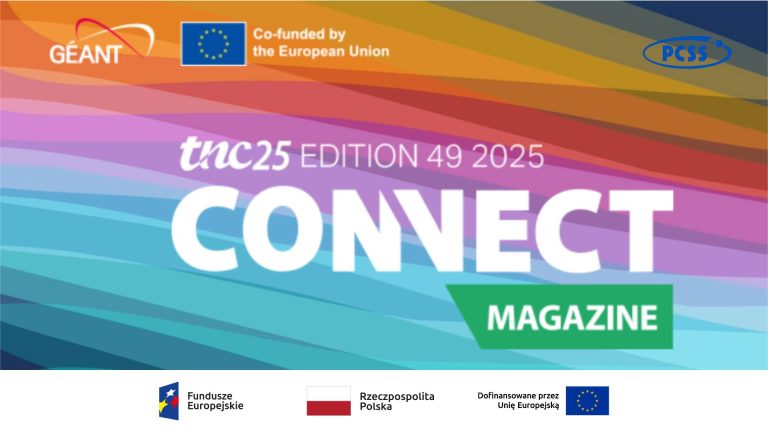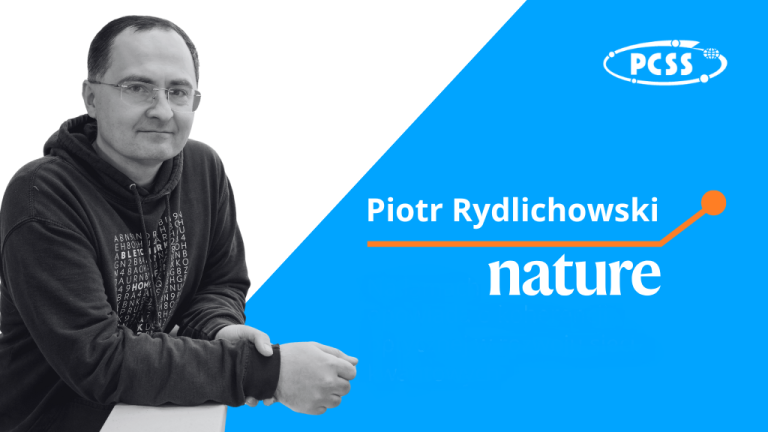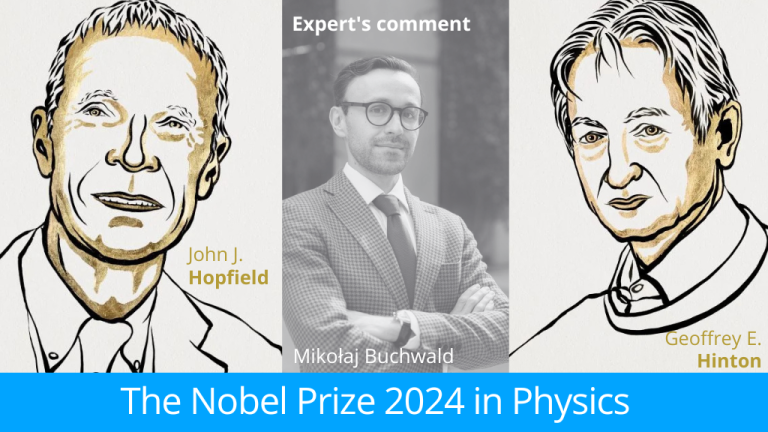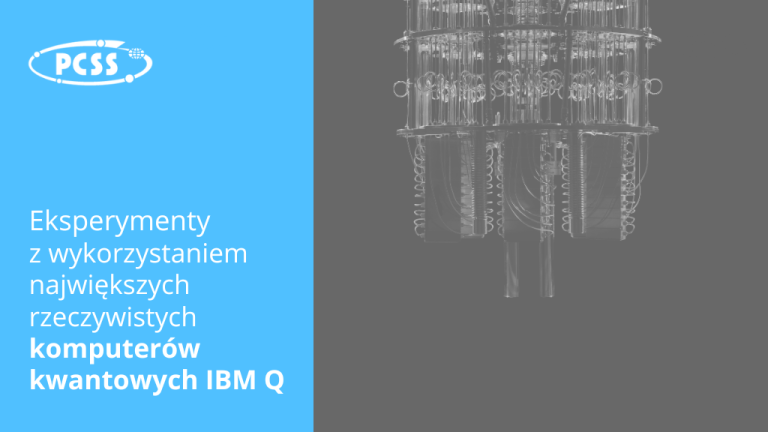Poznań CityLab will develop solutions to support administrative processes and provide residents with modern digital services.
– We want to create a space that will serve to verify ideas and test solutions based on new technologies, such as artificial intelligence, machine learning, big data, the Internet of Things and blockchain – says Michał Łakomski, Mayor’s Proxy for Smart City. CityLab will have many functions. It is intended to be a knowledge bank, a catalyst for change, and a place that provides inspiration, tools and methodologies of action for the development of smart city projects for residents, the city and our partners.
CityLab will implement projects such as an innovation laboratory, which will provide support for launching and piloting digital projects, and develop widely available tools. An example is the Open Data Platform or the Smart City Poznań application. There will also be a space for public consultations and the Poznań Welcome Center, a place for permanent and temporary exhibitions showcasinf the potential of the city and CityLab partners.
Poznań CityLab will be located at the Poznań International Fair. The opening is planned for 2025.
On January 25, 2014, a Letter of intent was signed at the Enigma Cipher Centre regarding cooperation in the field of artificial intelligence and cybersecurity, including the development of CityLab. The signatories of the document are: the City of Poznań, Center for Artificial Intelligence AMU, National Center for Artificial Intelligence and Cybersecurity of the Poznań University of Technology, Poznań Supercomputing and Networking Center, Łukasiewicz Research Network – Poznań Institute of Technology and the In_Spire Foundation.
The aim of the cooperation is to make Poznań ta leading city in implementation of digital transformation. As part of this, the partners will jointly implement projects – including national and international ones – based on artificial intelligence that can become a model for other cities. They will also look for innovative solutions based on the latest technologies.
The cooperation will also include joint applications for external funding and education, by providing training and skills development related to AI technology for Poznań residents and employees of institutions. The letter also emphasizes the importance of cybersecurity.
The date of signing the letter – January 25 – is no coincidence. It is Cryptology Day, which wa established in 2007 by the Faculty of Mathematics and Computer Science of Adam Mickiewicz University in Poznań. It commemorates the anniversary of breaking the code of the German Enigma cypher machine, which was achieved by Polish cryptologists, graduates of AMU- Marian Rejewski, Henryk Zygalski and Jerzy Różycki. They were the ones who who made the first steps in deciphering the Enigma in 1929-1932 in the capital of Wielkopolska Region.
AI for residents
The city is already implementing projects based on artificial intelligence that serve its residents. A waste segregation search engine has been created on the website www.poznan.pl/odpady, which gives advice on what to throw away and where. An educational quiz has also been created as part of this solution. The project is based on natural language processing. This system – used, for example, in chatbots – enables computers to understand and imitate human language.
As part of the cooperation, the City, the Adam Mickiewicz University and the Poznań Supercomputing and Networking Center are implementing the Proste Pismo project. It is a database of official documents, linguistically simplified, which can be used by office employees in communication with clients. The tool uses artificial intelligence mechanisms, in particular a deep neural network model of the Transformes type (from the same group as the currently popular ChatGPT). However, the model used is a completely original solution developed in collaboration between the City of Poznan, AMU and PSNC.
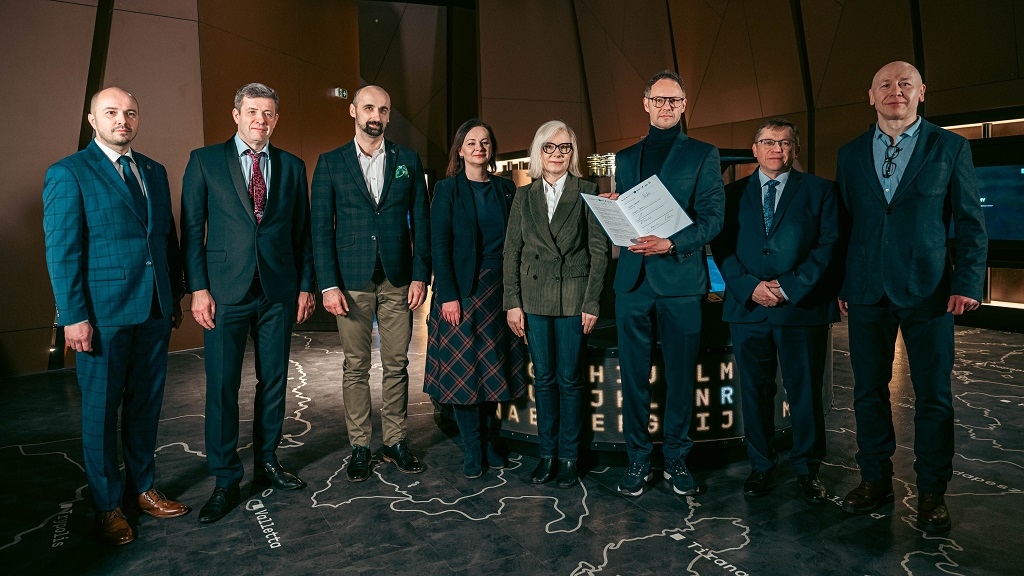
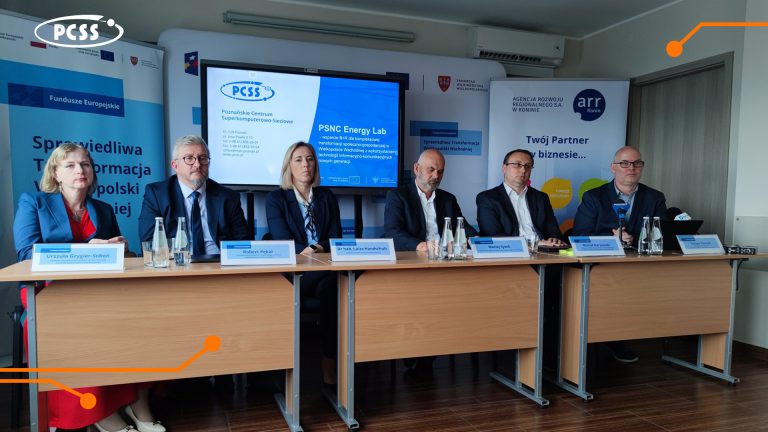
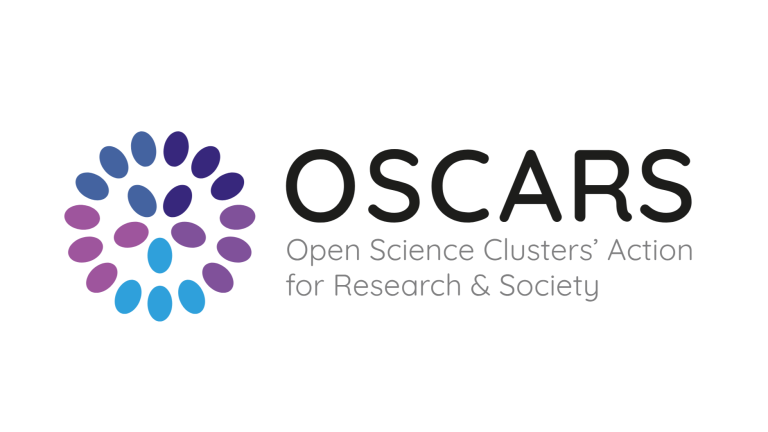

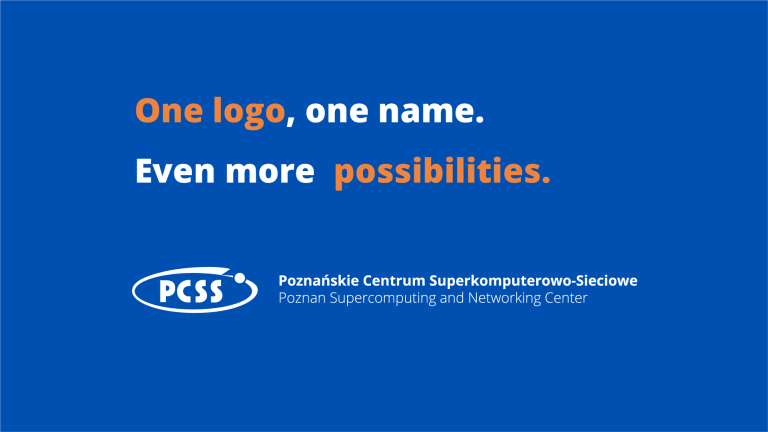
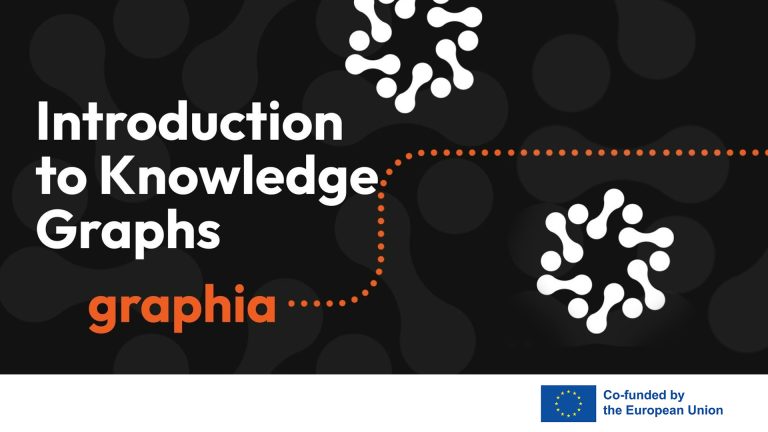
![The image displays the word "LUMEN" in a stylized, outlined font, with different letters connected by lines and arrows to various academic disciplines. The letters "L" and "U" on the left are linked to "Mathematics [Maths]" and "Social Sciences and Humanities [SSH]," while the letters "M," "E," and "N" on the right are associated with "Earth System Science [ESS]" and "Molecular Dynamics [MD]." The overall design suggests an interconnectedness of these fields, potentially illustrating the interdisciplinary nature of something represented by "LUMEN".](https://www.psnc.pl/files/2025/05/lumen2_EN-768x432.jpg)

